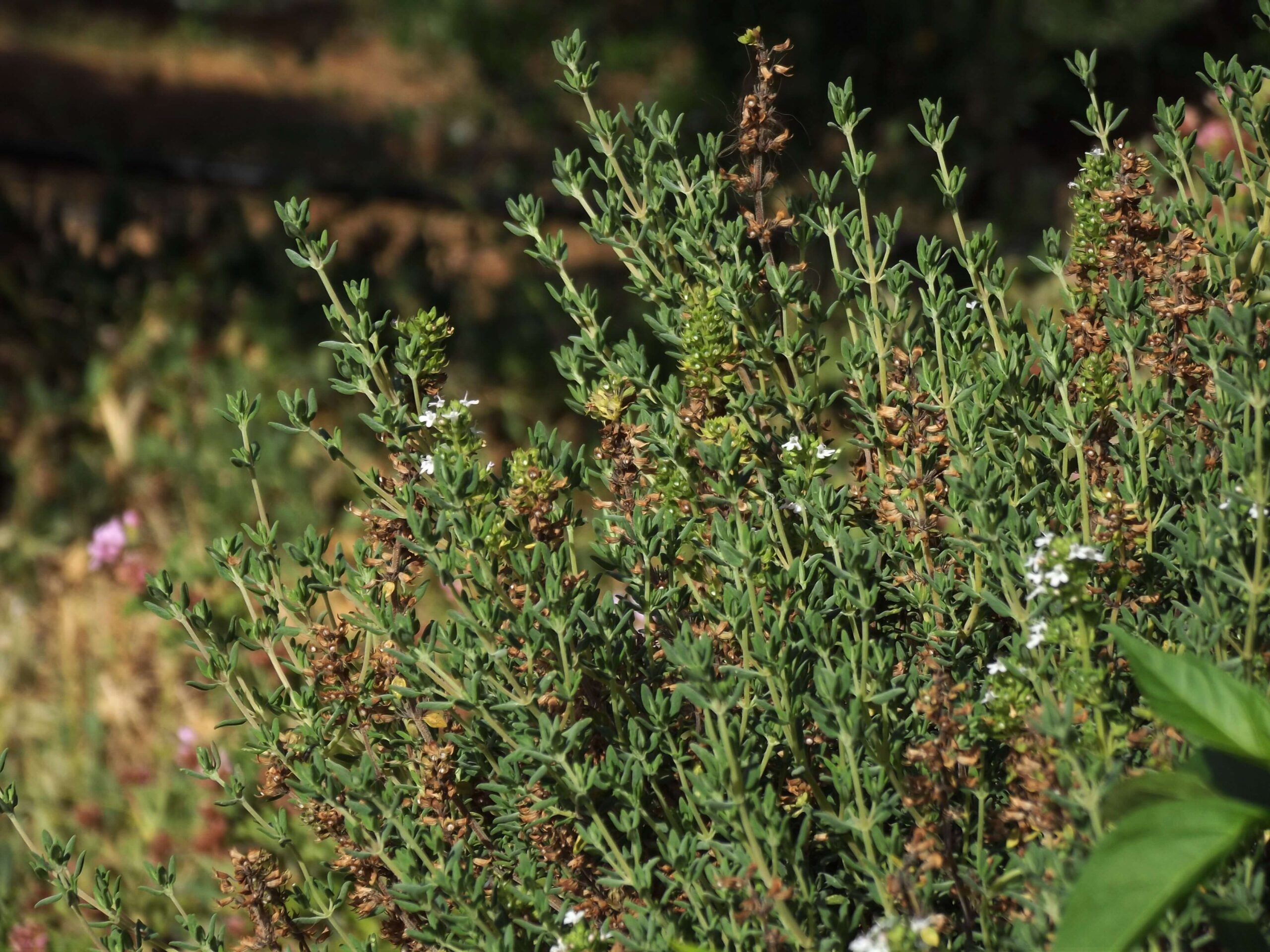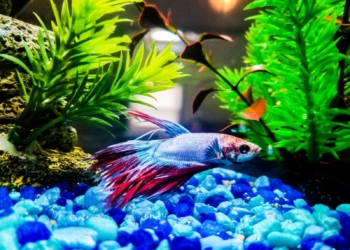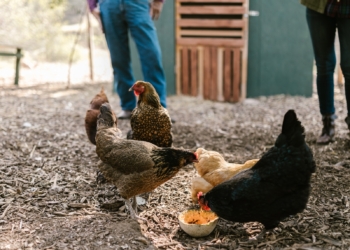If you have a cat, you know how important it is to make sure that your pet is safe, healthy, and happy. One aspect of cat care that can often be overlooked is the type of plants that are in your house, both indoors and outdoors. Some plants can be toxic or harmful to your cat and can lead to several health issues.
One of the common plants that most pet parents may wonder about is thyme. Is thyme safe for cats to be around? Can cats eat it without any negative consequences? Well in this article we are going to discuss all about thyme and how it can affect your cat.
What is Thyme?
Thyme is a fragrant herb that is often used for cooking. It has also been used for medicinal purposes, such as treating coughs and sore throats due to its antiseptic properties. But the real question Is thyme safe for cats? Well, the answer is yes, thyme is safe for cats to consume but in moderation.
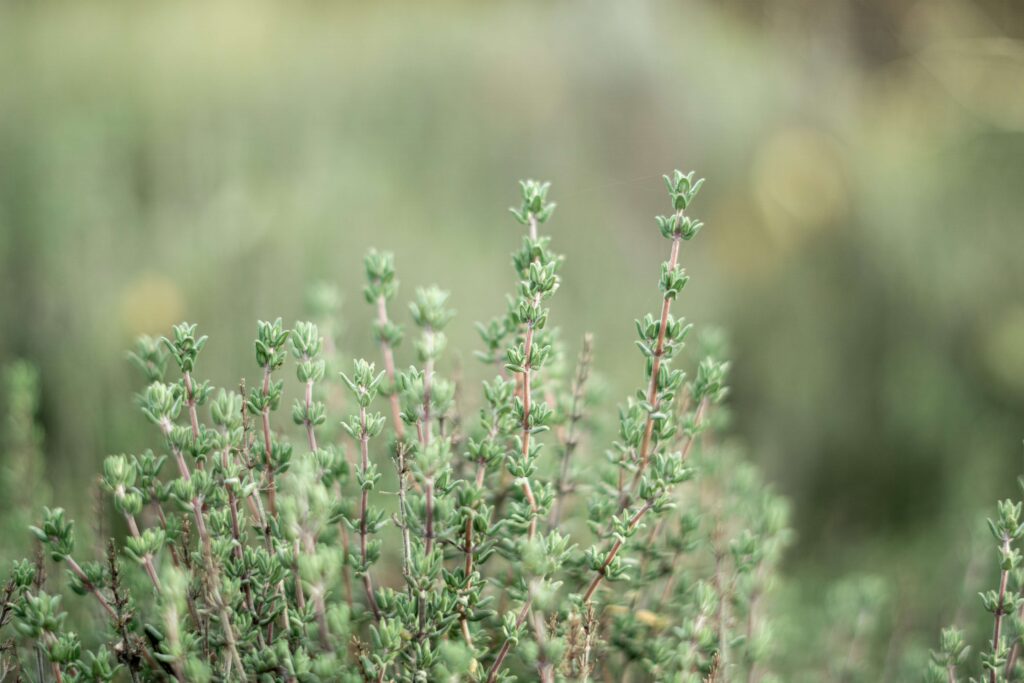
However, it is important to understand the ways it should be used and all the precautions that you should take before introducing it to your cat’s diet or environment. Let’s dive into the details of what you need to know before giving thyme to your cat.
Is Thyme safe for cats?
As mentioned earlier, thyme is safe for cats to consume in small amounts. The herb is not poisonous to cats and can provide some health benefits, like aiding in digestion and serving as a natural insecticide. Thyme is also rich in vitamins and minerals such as vitamins C and K, calcium, and iron.
It can serve as a healthy and tasty addition to your cat’s diet. However, remember to introduce any new food or herb gradually to your cat. Monitor their reactions and keep an eye out for any allergies or negative effects.
How to Safely Introduce Thyme to Your Cat?
If you are interested in using thyme in your cat’s diet or environment, there are several ways to safely introduce it.
- First, start small and slowly introduce thyme into your cat’s diet. Start with a small amount, such as a pinch, mixed into their food.
- Alternatively, you can create a thyme infusion by steeping thyme in hot water for a few minutes and then adding the liquid to your cat’s food or water bowl.
- If you want to use thyme for its aromatherapy benefits or as a natural insecticide, you can place fresh or dried thyme in a sachet and hang it in areas where your cat spends time.
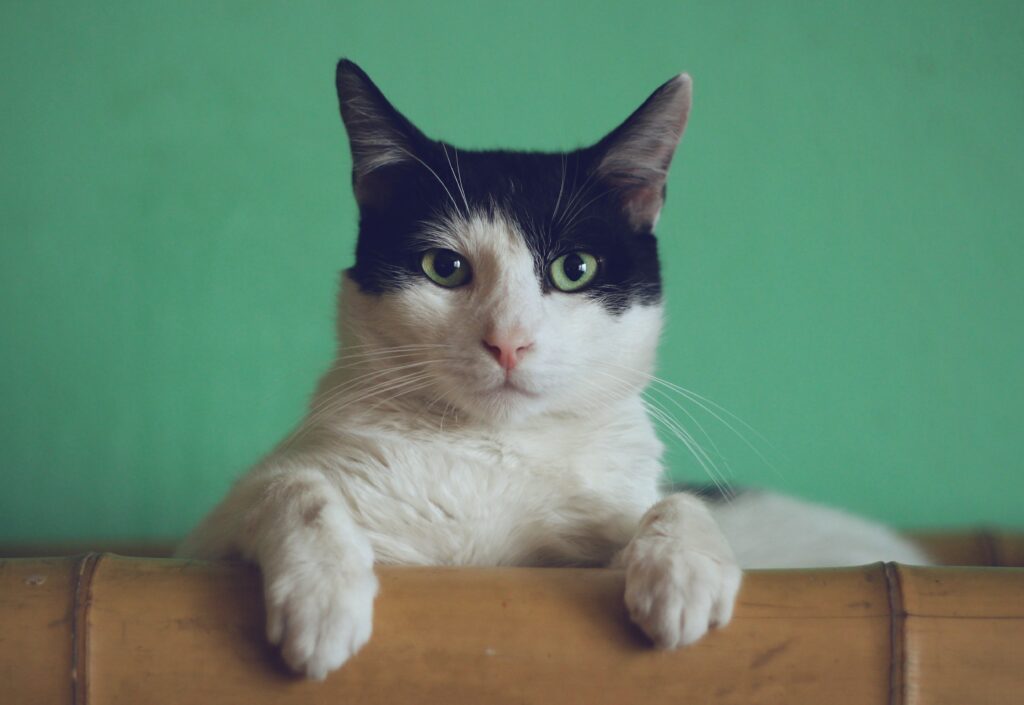
Remember to constantly monitor your cat’s reactions to thyme. If you notice any adverse reactions such as vomiting, diarrhea, or excessive thirst, discontinue the use of thyme and consult your veterinarian.
Some other herbs that are safe for your cat
As mentioned above thyme is safe for your cat and it’s even beneficial if given in moderation. Thus, here are some other herbs that are commonly used in our household and are safe for your cat as well. These herbs include:
- Chamomile
- Witch hazel
- Valerian
- Dandelion
- Rosemerry
- Dill
All these herbs are completely safe for your cat and also beneficial if given in moderation.
Frequently Asked Questions
1. Can thyme be harmful to cats?
No, thyme is not harmful to cats. It’s safe to consume and even provides some health benefits.
2. How much thyme is safe for cats to eat?
Moderation is key when feeding thyme to cats. Start with a small amount and gradually increase the amount as you monitor your cat’s reactions.
3. Can my cat suffer an allergic reaction to thyme?
While it’s uncommon, cats can develop an allergic reaction to thyme. Monitor your cat closely and watch for any signs of allergies such as swollen face, vomiting, or diarrhea.
4. Are there any benefits of giving thyme to cats?
Yes, when provided in moderation, thyme can offer health benefits like aiding in digestion, serving as a natural insecticide, and providing a variety of vitamins and minerals.
5. Can I use thyme oil on my cat’s skin?
No, essential oils should not be used on or around cats as they can be toxic and harmful to your feline friend.
6. Can kittens consume thyme?
No study evaluating the toxicity and safety of thyme in cats of different ages has been conducted. Therefore, it’s best to wait until after they reach their first birthday before trying to introduce thyme to their diet.
7. How long can cats go without food?
Cats can go up to two weeks without food.
The Bottom Line
Thyme is safe for cats to consume in moderation. It even provides vitamins, minerals, and health benefits. However, always start with small amounts and closely monitor your cat’s reactions. Ensure that the thyme you’re using is not adulterated by any pesticides or herbicides. If you’re unsure whether your cat can tolerate thyme or whether a plant is safe for your cat, you should consult your veterinarian before proceeding.
By following these precautions, you can safely enjoy the many benefits of thyme with your precious furry friend!
